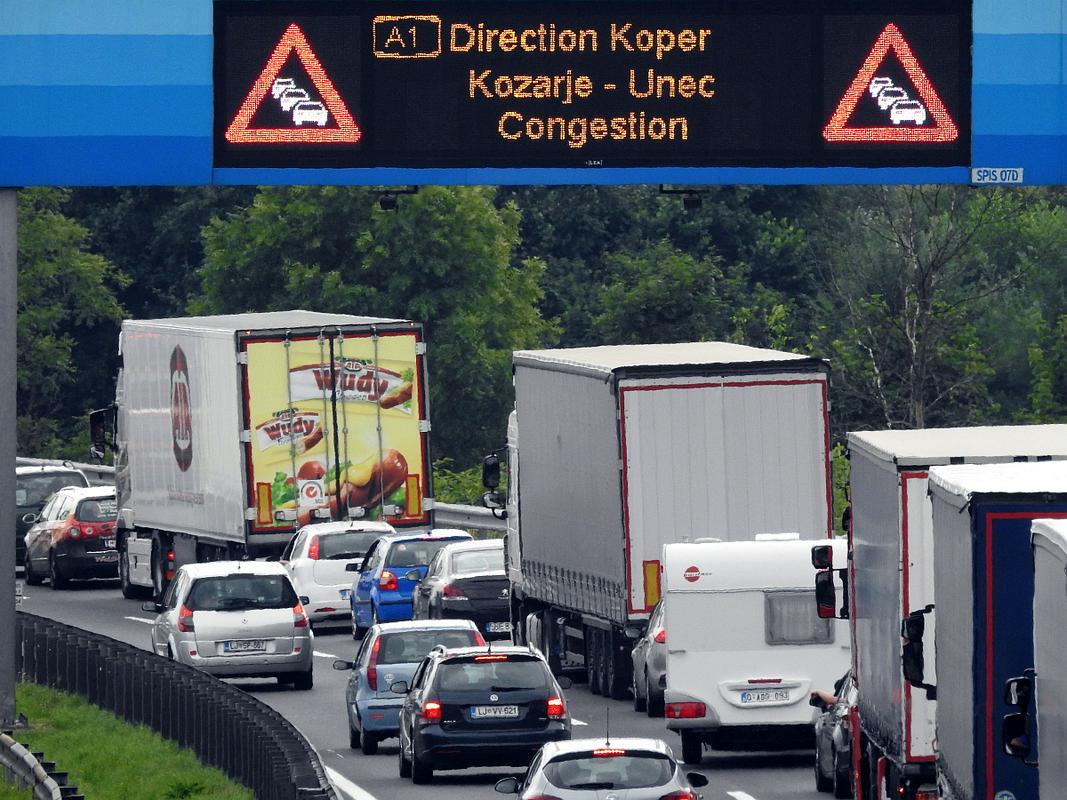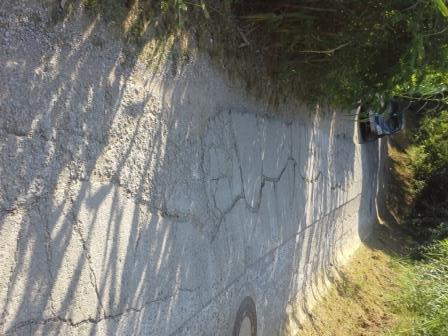

The head of the Traffic Safety Agency (AVP) Igor Velov points out that January's chain collision had a strong impact on the 2016 numbers, which include still-unofficial data. As was the case in previous years, the number of fatalities increased substantially in the summer months, with the beginning of the motorcycle season. September, October, and November saw the fewest fatalities of any months within the past two decades.
Velov describes motorcyclists and pedestrians as a major problem. Of the 24 fatalities among motorcyclists, 21 were the cause of their accidents. And among the 21 pedestrians who died, half were at fault. "Pedestrians and cyclists are most at risk during parts of the day with limited light, since they tend to take full advantage of their right-of-way on pedestrian crossings, but sometimes they don't consider the fact that they're less visible in the dark."
Cell phones and illicit drugs
Among car drivers, excessive speed and driving under the influence of alcohol remain the biggest traffic safety problems, says Ivan Kapun of the General Police Directorate: "If we got rid of any of these factors, our overall annual statistics would be much better." in 2016, police officers issued drunk driving citations to 9000 drivers, while 3000 were cited for failing to maintain a safe following distance. Kapun adds that many traffic safety issues these days are caused by cell phone use while driving as well as driving under the influence of illicit drugs. After receiving field testing kits for drugs in the second half of December, police carried out 83 such tests and more than half were positive.
Increased fines for cell phone use?
The Traffic Safety Agency is also looking for legal remedies to the problem. Today, a new law went into effect; it considers some of the recommendations issued by the agency, primarily concerning oversight of driving schools. A law on motor vehicles is currently being drafted.
The agency is also advocating stiffer penalties for people who use cell phones while driving. If their suggestion is accepted, the current fine of 120 euros for driving while talking on the phone will be joined by a penalty of five points. "We've already sent a suggestion to the Ministry of Justice that would give accident investigators access to information whether any of the drivers involved used cell phones," Velov added.
The end of infrastructure austerity?
Infrastructure plays an important role in traffic safety, especially in the age of austerity, where no investments in traffic infrastructure were made, except for urgent repairs. Lilijana Herga from the Infrastructure Agency says that Slovenia would need between 200 and 250 million euros for investments and infrastructure maintenance to improve the current condition of roads.
According to Lilijana Herga, a third of Slovenia's road network is in good or very good shape, while the other two thirds are in need of repair. She says that investments over the next few years, considering a budget allocation of 210 million euros, would cover lost ground.
Overloaded trucks and excessively tired drivers
Many problems occur on freeways, where the number of incidents is growing from year to year. Ulrich Zorin from DARS, the agency responsible for freeways, says that the trend is expected to continue because the number of drivers on Slovenia's freeways is increasing from one to six percent annually, depending on the section. Last year, the number of trucks increased by five percent, a rise attributed primarily to trucks traveling from Eastern Europe to Italy. "We spend a lot of time dealing with improperly loaded cargo, overloaded trucks, and excessively tired drivers who cause considerable damage on our roads," says Zorin and adds that wrong-way driving and speeding also remain problems. Therefore, DARS will continue to spend on preventative measures, since existing radars have had good results in limiting speed in sections where they are installed.
Luka Lukič, translated by J. B.


































































